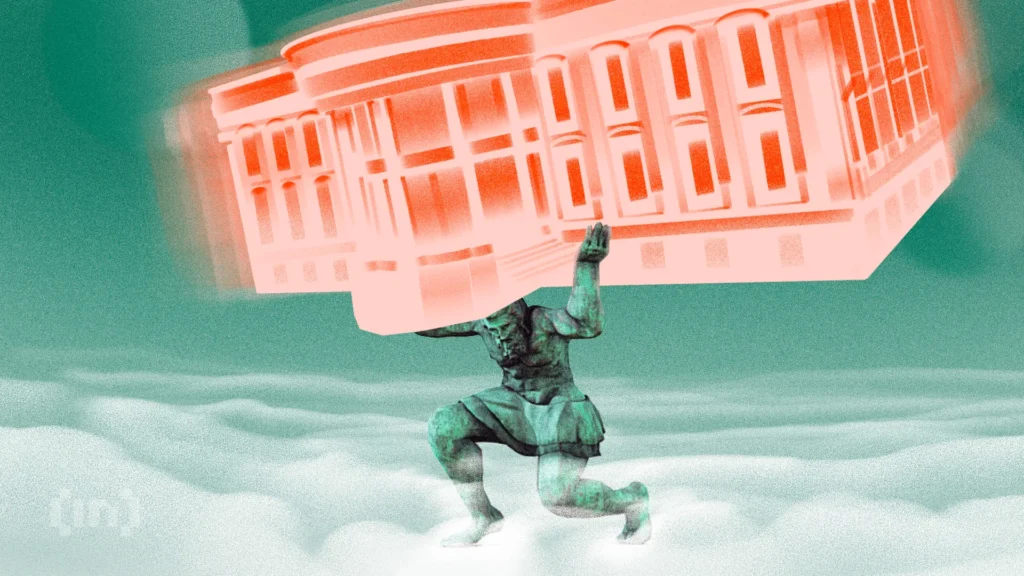Over the past few weeks, Buzz has grown with the Clarity Act. This is a proposed new framework for US crypto regulations. The first markup of the bill is scheduled for tomorrow morning.
But what is the importance of this new cryptography? And which industry players support it?
New laws clarify crypto regulations
US crypto policy was a particularly important topic as the Genius Act cleared the main solidification vote. In late May, GOP MP French Hill proposed a new framework for Web3 regulation: the digital asset market Clarity (Clarity) Act.
The first markup of the bill will occur tomorrow morning at 10am ET.
The proposed law assigns CFTCs as the main regulator of digital goods (on-chain tokens) such as exchanges, brokers and spot markets. It holds the authority over SEC investment contract assets, that is, sexities under the Securities Act.
Overall, we create accurate definitions and compliance pathways to reduce inconsistent enforcement.
In addition to consumer protection measures, it seeks to provide thorough rules for defining tokens as securities or goods. This is a troubling issue for regulators.
The bill aims to remove ambiguity from such situations, without being overly detailed.
Although proposed by Republicans, the Clarity Act has strong bipartisan support, reflecting the desire to create a solid framework for cryptographic regulation.
However, the early language focused specifically on assets, classifications, and the companies that detained them. The proposed bill exempts “developers, transactional traditions, etc.) from traditional registrations.
It also explicitly protects peer-to-peer transactions and individual independence of assets.
New and future revisions
To amend some of the surveillance, the Blockchain Regulations Certification Act (BRCA) was recently introduced as an amendment to the bill. Currently, political lobbying groups in the crypto industry are trying to help.
In addition to the initial show of support, eight major industry groups issued more statements earlier today.
Specifically, this amendment ensures that no severe regulations apply if clear laws are inappropriate.
However, some regulators may not agree with this overall spirit either. After all, what is this law for? Former CFTC chair Tim Massad, who recently warned of code corruption, also testified about some potential pitfalls in the clear conduct.
“The clear act seems to start with technology and ask what we need to do to make it easier for people to invest in it. But the strength of our securities and derivatives laws lies in the fact that we have traditionally focused on regulatory goals and have provided the flexibility to achieve those goals,” Massad argued.
Similar criticism has been levelled by a wide range of recent crypto regulationsand the clear act will likely face the same thing.
It is not yet clear how much this will affect the final bill, but the Genius Act has received a major revision from the first version. Between tomorrow’s markup and the voting process, the bill could change dramatically in the coming weeks.
Disclaimer
In compliance with Trust Project guidelines, Beincrypto is committed to reporting without bias and transparent. This news article is intended to provide accurate and timely information. However, we recommend that readers independently verify the facts and consult with experts before making decisions based on this content. Please note that our terms and conditions, privacy policy and disclaimer have been updated.


